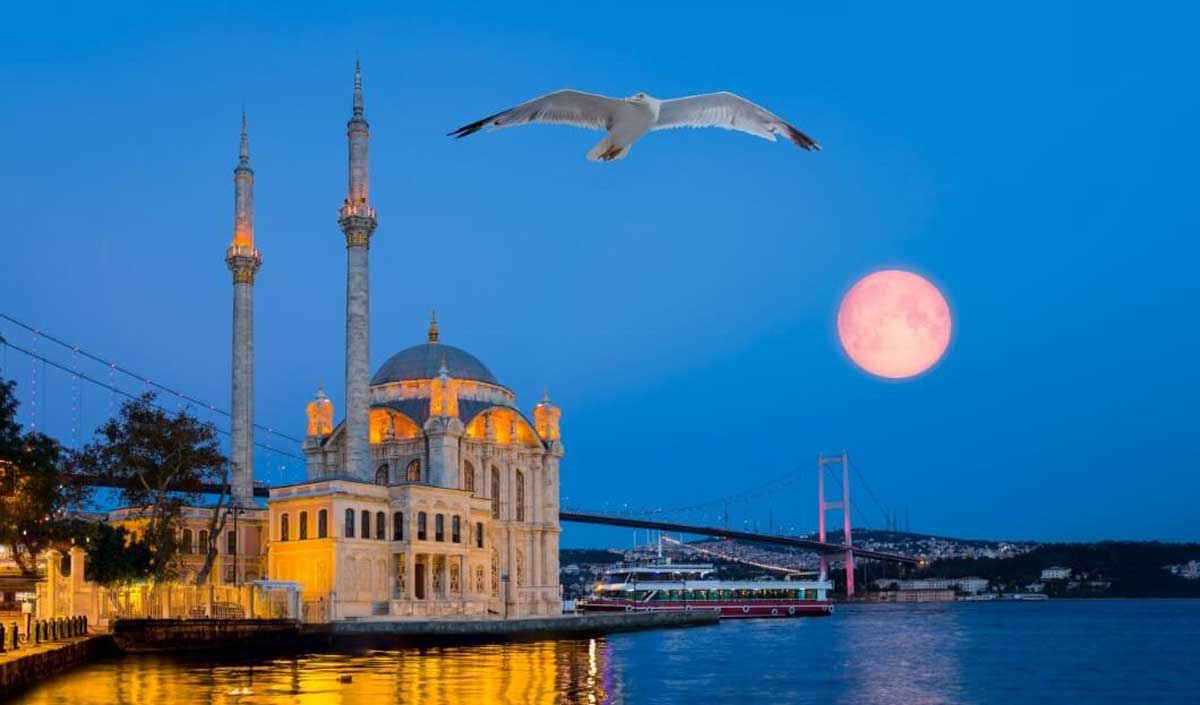In the past couple of years, Russian and Ukrainian tourists have been enjoying Turkey’s beaches and scenery with great enthusiasm and have become indispensable to the local tourism industry.
However, in the current tense context of the war in Ukraine, the outlook looks a little bleaker, and it may be time for Turkey to start looking for alternative travelers to keep the sector running.
While the Russian invasion is an incredible humanitarian tragedy, the consequences of the war could be greater than one might expect. And the tourism sector in Turkey is likely to be involved in this process.
Last year, Russia was Turkey’s most important tourist market with 4.6 million arrivals, while Ukraine came in third with a share of two million people.
In 2022, the Turkish tourism sector expected the arrival of 7 million Russians and 3 million Ukrainians. However, given the current situation, industry representatives have begun to look for new possible source markets.
And in this context, it seems that the country has stepped up its promotional activities, especially for European travelers, to start filling the gap created by the absence of Russians and Ukrainians.
The number of Europeans is already on the rise
Based on data from the first two months of 2022, the number of European travelers is on the rise. Although this figure has not yet reached pre-pandemic levels, the momentum gained is encouraging for the sector.
For example, British tourists began to massively buy tours to resorts in Turkey, and full planes have been arriving in the country since the end of March. If this pace continues, then the 2019 record for the number of British holidaymakers in Turkey is likely to be broken.
This is encouraging for Turkey, but it is still difficult to say whether this will fill the gap that will arise in the Russian and Ukrainian markets. Therefore, from an economic point of view, it is also very important that European travelers with high purchasing power prefer Turkey more.
In terms of the number of tourists, perhaps the desired level will not be reached, but if the income from each tourist increases, this will be an important success for the Turkish tourism industry.
There are two more points that should not be forgotten. First, these are changes in Turkey’s foreign policy. With regard to countries with which there were problems in the past, “white pages” began to open.
These changes will also have a great positive impact on tourism. And the second question is about domestic tourists. Wouldn’t it be right if hoteliers did more to stimulate domestic tourism, which is remembered in every turbulent period?

